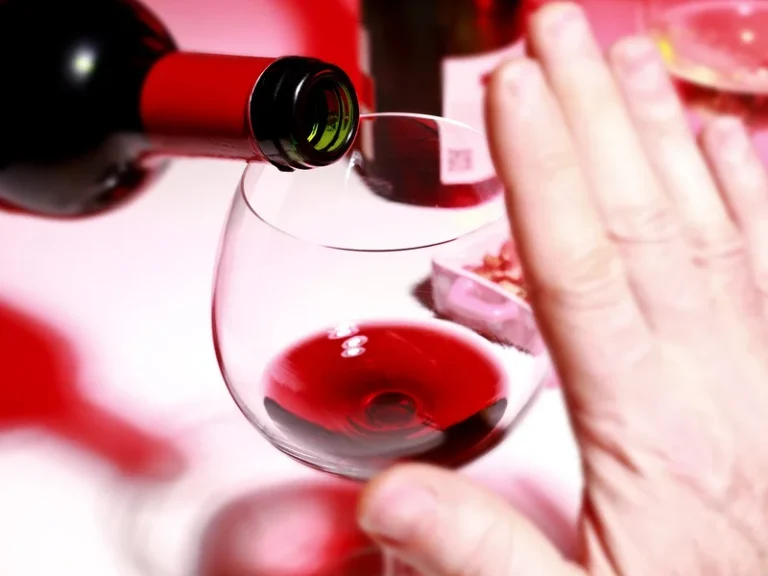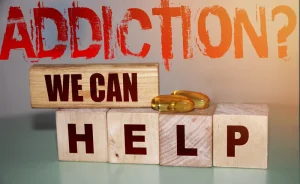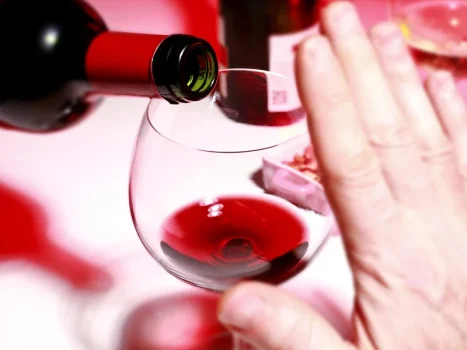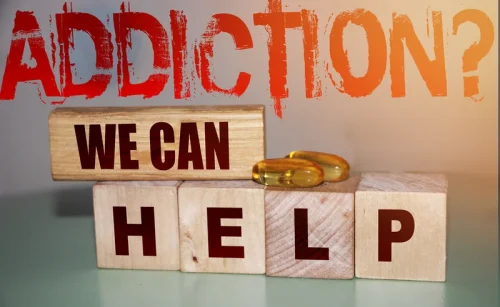
For as common as they are, there is still much to be understood about hangovers. The long-term impact of alcohol is well-understood, but the mechanisms that occur during a hangover are a bit cloudier. The reality is that a drink might take some of the edge off a hangover, but it also prolongs your recovery time. Mix these physical realities together and the result is a hangover, which can make you queasy and uncomfortable for a few hours or — in worst-case scenarios — knock how long does a hangover last you down for an entire day.
Predictors of hangover severity
- Therefore, further studies are needed to evaluate how effectively supplements may reduce hangover symptoms.
- The effects usually begin hours after drinking alcohol and can last for a whole morning or even for several days.
- Most of these have no evidence, although it might be worth your taking a B vitamin complex.
David Nutt MD is a leading global authority on alcohol abuse. He is a professor of neuropsychopharmacology and director of the Neuropsychopharmacology Unit at Imperial College, London. He is also the chair of DrugScience, president of the European Brain Council, and the UK director of the European Certificate and Masters in Affective Disorders Courses. Although there’s no research backing up hydration, it theoretically makes sense.
Contents
In the vast majority of cases, hangover symptoms resolve after about 24 hours. The severity of a hangover is closely linked to how much alcohol the person has consumed and how much sleep they have had. Sensible drinking is about restraint, which might be easier when you know that alcohol impairs you the next day. Alcohol suppresses glutamate activity in the brain, and after you stop drinking, your body tries to compensate for this by increasing glutamate production. The inflammatory response happens when your body is damaged, and although it’s part of the immune system’s natural response, it can be destructive.
Person-related factors
Check out these additional science-backed solutions for a hangover.

Unsupported remedies

If you drink slowly, your body will have a greater chance to process alcohol — which means your blood alcohol peak won’t be as high — and it’s been shown to give less of a hangover. Some people have genetic variants of the enzymes that make this breakdown faster or slower. Hangovers are the experience of various unpleasant physiological and psychological effects that follow a medium-to-high consumption of alcohol. Typically, it comes on around 10 hours after your blood alcohol peaks — but this varies according to sex, weight and genetic disposition. The best approach to a hangover is to simply help your body recover. From Gatorade to Pedialyte, many people swear by electrolyte-filled drinks as the miraculous elixir to banish hangovers.
strategies for effective leadership, from a former astronaut
Extract of the fruit from Hovenia dulcis, a tree native to East Asia, also showed promise in a small study. And other research suggested that people who took extract of prickly pear cactus before drinking had less severe hangovers. You may have dry mouth, headache, dizziness, or nausea and be tired, shaky, thirsty, or sensitive to light and sound.
This article discusses the common symptoms of a hangover as well as the signs of more serious alcohol poisoning. It also covers why hangovers happen and why they can be a problem. In this article, we explore the causes of hangovers and how to reduce the symptoms.
What questions should I ask my healthcare provider?

While there are many well-known hangover cures out there, few are backed by science. Some supplements, including red ginseng, prickly pear, ginger, borage oil, and eleuthero, have been studied for their ability to decrease hangover symptoms. Getting a good night’s sleep and allowing your body to recover may alleviate your symptoms and make a hangover more bearable. Congeners are toxic chemical byproducts that are also formed in small amounts during this process. Different alcoholic beverages contain varying amounts (1). If you see anyone with the above symptoms after drinking, call 911 immediately.
- Choosing drinks that are low in congeners could help speed up the metabolism of alcohol and therefore reduce the incidence and severity of hangovers.
- Drinking too much water too quickly (we’re talking gallons) can lead to lead to swelling of the brain, a serious and potentially deadly situation.
- You need to let your body rid itself of the alcohol and heal.
- The toxic effects of alcohol on your body never seem more apparent than in those hours after downing one too many adult beverages.
- Sports drinks also can help you hydrate quickly while simultaneously restoring nutrients and electrolytes.
Hangovers tend to go away on their own, even if you don’t do anything. As your body readjusts to the lack of alcohol, you start to feel better. Falling from 11th and Vinnie Iyer worries about their football mental health going forward, as well. “You probably think they lost Sunday’s game due to Daniels’ already epic Hail Mary,” Davis wrote. The drop here was from a top 10 team to the bottom of where the playoff pool is.

If excessive drinking and hangover symptoms are interfering with your life, talk to your healthcare provider. A hangover refers to a set of symptoms that occur as a consequence of drinking too much. A hangover is usually caused by excessive drinking (drinking to intoxication). The typical course of a hangover is that it begins after the symptoms of intoxication have worn off.

